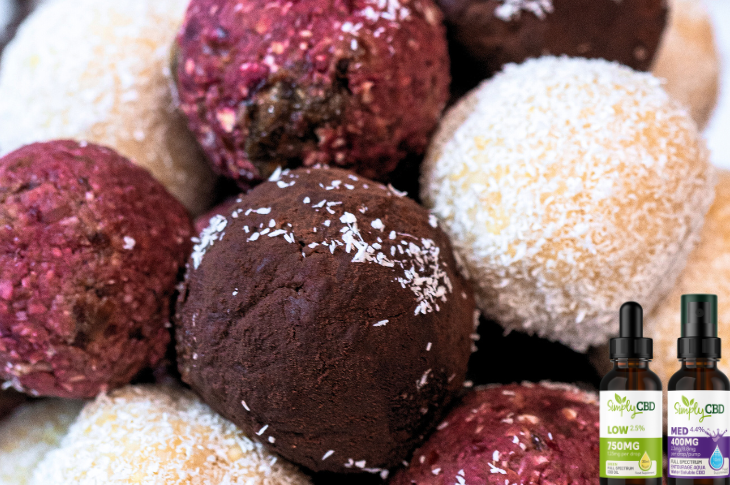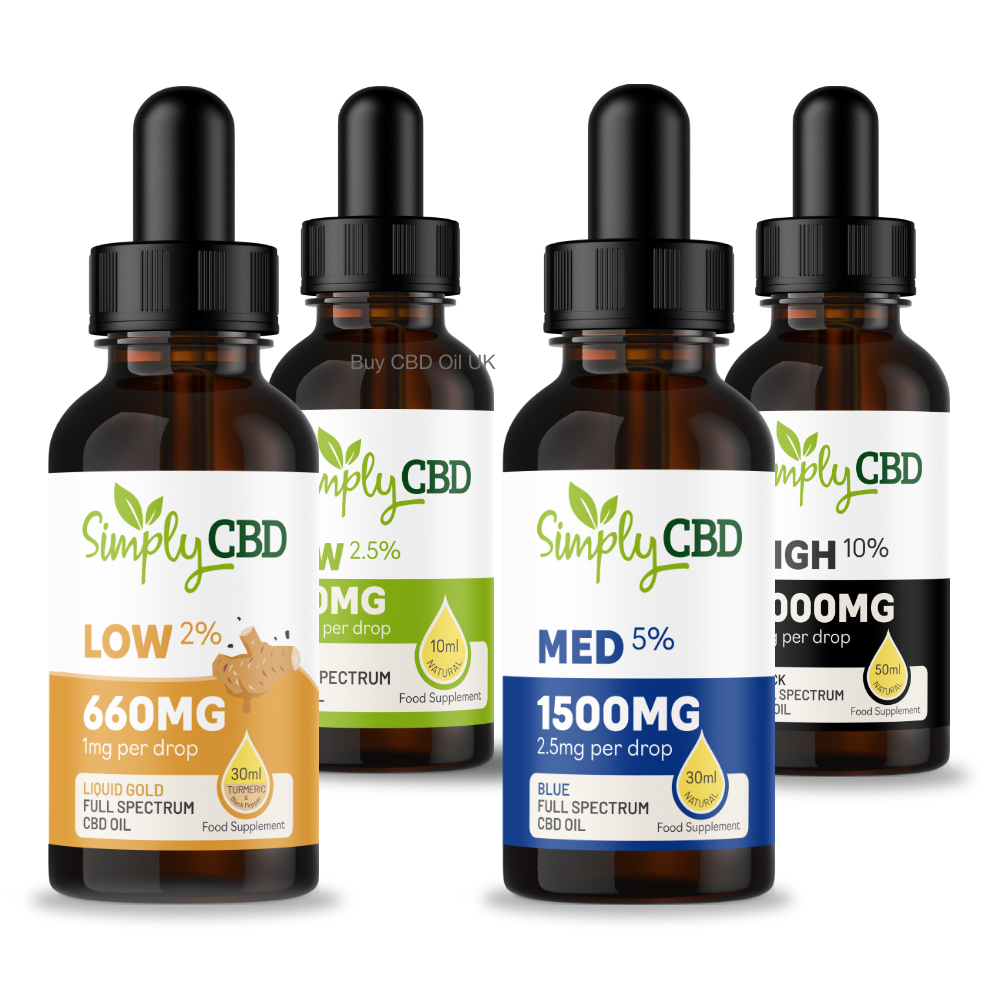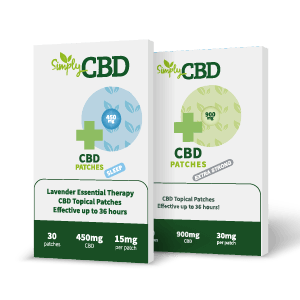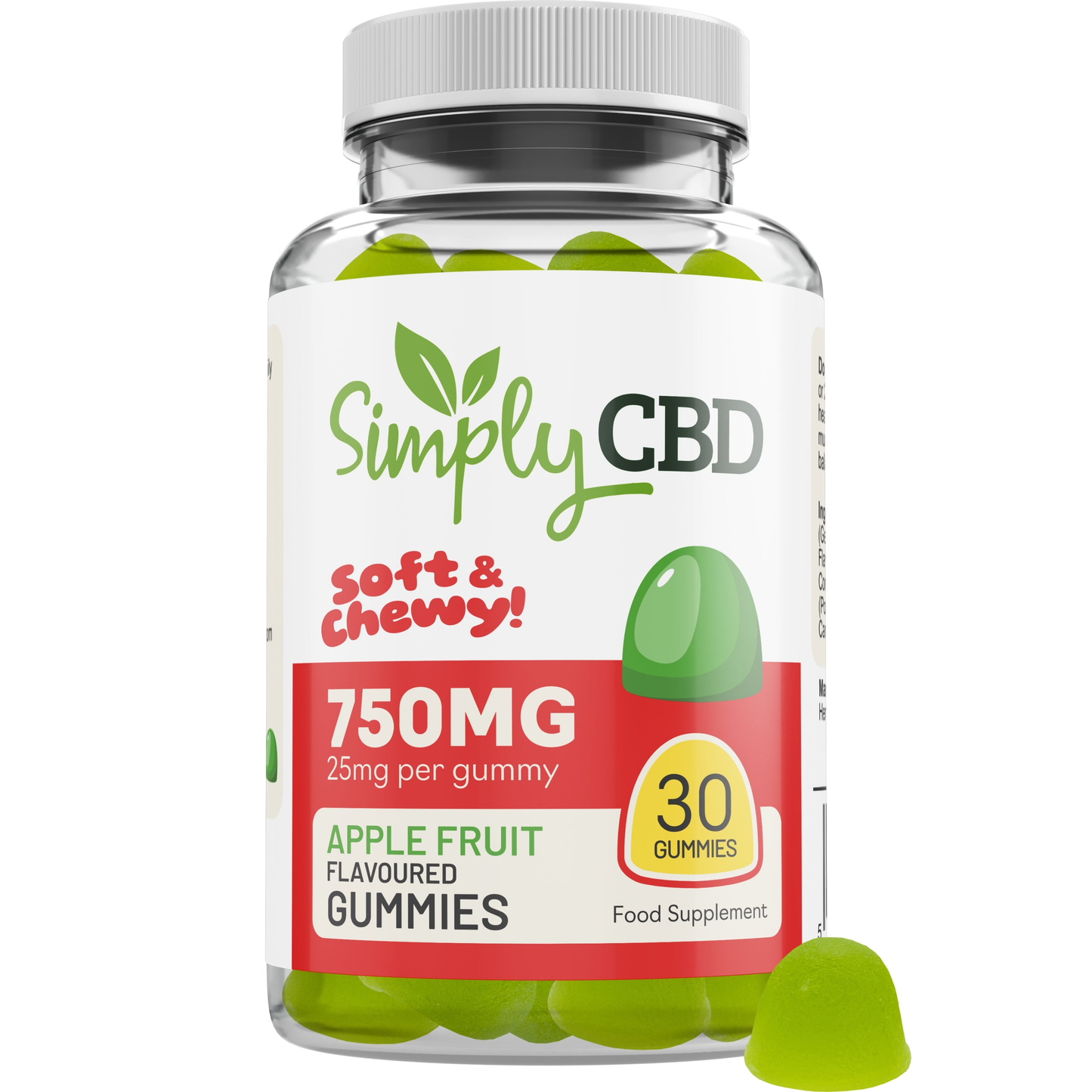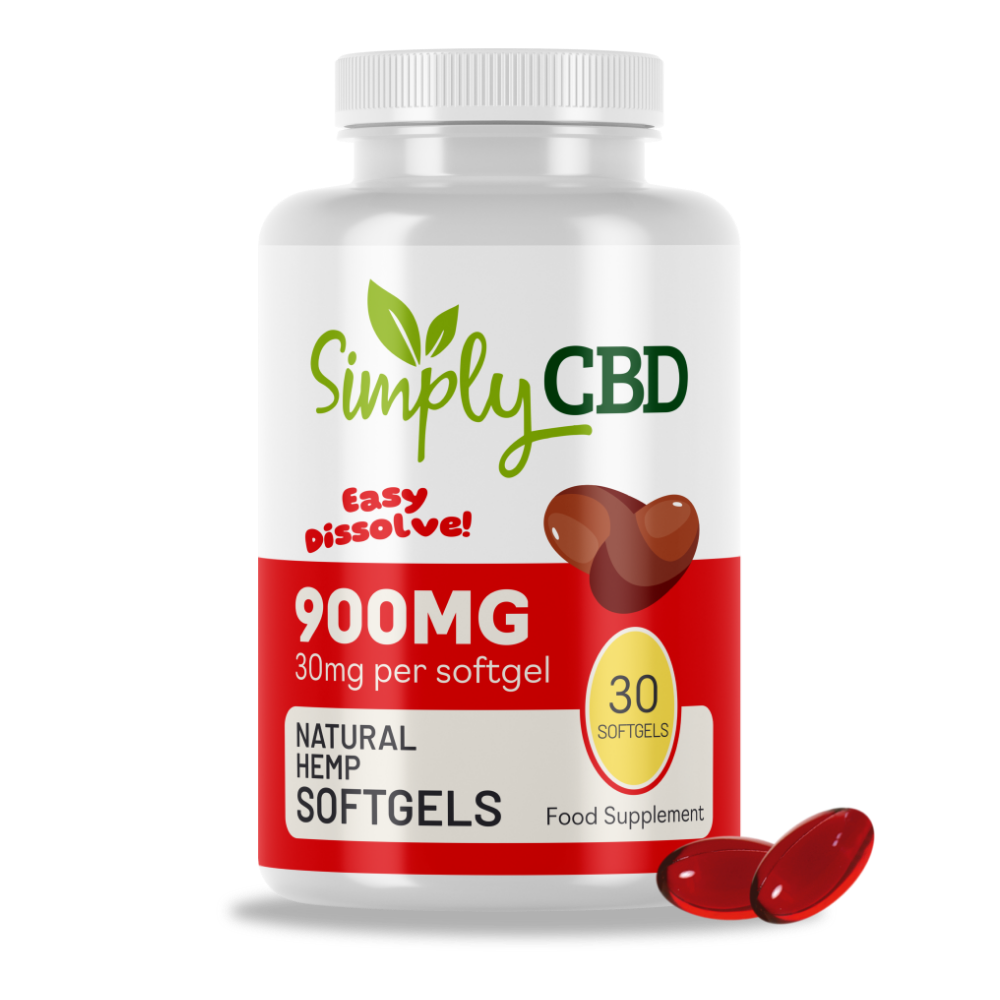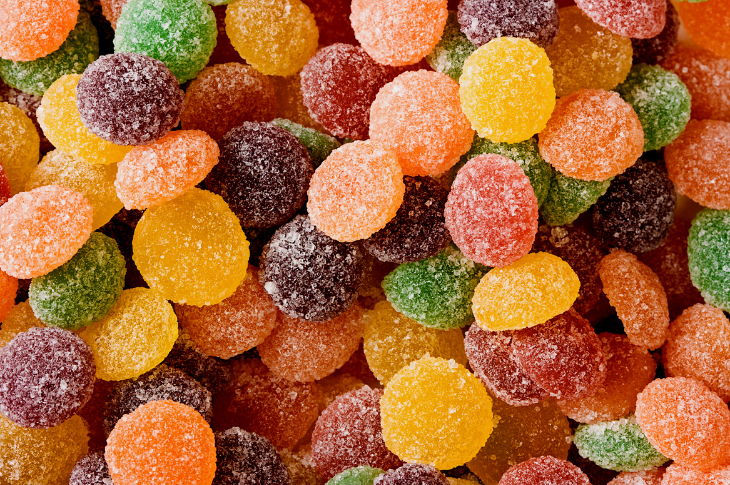
Of the many CBD products available, edibles are one of the most popular options among consumers. This is likely due to the fact that they’re typically as tasty as they are beneficial, which makes the CBD consumption process a particularly pleasurable experience. But how do these tasty treats work, and who are they suitable for? This article covers the answers to these questions and various others, providing users with all the info they need to know about CBD edibles.
What are CBD edibles?
The term ‘CBD edibles’ refers to any CBD-infused food. The most common type of CBD edible is CBD gummies, which typically come in various fruity flavours. However, almost any type of food, whether it’s a snack, a meal, or a sweet treat, can be turned into a CBD edible. Some users prefer to make them at home using CBD oils and tinctures, while others purchase them ready-made from CBD retailers. Edibles offer a tasty alternative to other consumable CBD products, which is especially useful for those who dislike the taste of CBD oils.
How do CBD edibles work?
CBD edibles primarily absorb via digestion, but some types of edibles can also absorb sublingually. The latter occurs when a user holds an edible, such as a CBD gummy, under their tongue and allows it to dissolve. Taking a gummy this way means the active ingredients can absorb via thin mucous membranes under the tongue, delivering them straight into the bloodstream. This is the same method used when taking CBD oils, but with a much sweeter, fruitier taste.
While the sublingual method is a useful option, many users prefer to eat CBD gummies and other edibles in the same way they would any other snack (while keeping their dose in mind). When taking this approach, the edibles must move through the digestive system and be partially metabolised by the liver before their CBD content can enter the bloodstream. While this is still an effective way to take edibles, the bioavailability will likely be lower than what could be achieved via the sublingual method. Also, as the edible has more steps to complete before entering the bloodstream, it may take longer to take effect.
Regardless of the method used to deliver CBD to the bloodstream, once it arrives, it begins to interact with the endocannabinoid system. This system allows the body to interact with cannabinoids and plays a large role in maintaining homeostasis. Each cannabinoid interacts with this system in its own unique way, and exactly how CBD interacts with it is still subject to further research. At this time, CBD is thought to block enzymes from breaking down endocannabinoids (molecules that bind to CB1 and CB2 receptors in the nervous system to stimulate a response to an issue, such as pain or stress). However, some researchers also believe that CBD may bind to a third type of receptor that has yet to be discovered.
Do CBD edibles cause a high?
As with any other legal CBD product in the UK, CBD edibles will not cause users to feel ‘high’ or experience any other type of intoxication. CBD’s relationship with the cannabis plant (which contains THC, the cannabinoid that can cause a high when consumed in large quantities) is what leads many people to assume otherwise. In reality, CBD products come from hemp plants, which contain very little THC. Many CBD edibles are made with CBD isolate or broad spectrum CBD, which means they contain no THC content whatsoever. However, legal full spectrum CBD edibles that contain trace amounts of THC (up to the legal limit of 0.2%) present no higher risk of intoxication than other types of CBD edibles. This logic also applies to all other types of CBD products.
Third-party lab reports detail the cannabinoid profile of a CBD product, including any THC content. This can help users confirm that the products they’re buying are safe, legal, and high quality. For this reason, we advise against buying from CBD retailers that refuse to provide public lab test results. Users can find all of our lab results on each product’s respective page, or via our dedicated Lab Reports page. For those who have difficulty reading lab reports, we created a handy guide that explains each element to ensure all users can read and understand CBD lab reports with confidence.

Does Simply CBD offer CBD edibles?
At Simply CBD, we offer CBD edibles in the form of gummies. They come in two strength varieties; 10mg and 25mg. The delicious fruity flavours on offer include apple, lemon, mango, and watermelon. They’re made with CBD isolate and are vegan, gluten-free, and cruelty-free. For users who like to take their CBD in the form of a sweet treat, our gummies are the perfect option. They can also be cut into smaller pieces to create bespoke doses that suit the needs of individual users.
Can users make CBD edibles at home?
For users who want to try CBD edibles that aren’t gummies but still contain Simply CBD products, there are plenty of options. As mentioned above, almost any type of food can be made into a CBD edible with the addition of CBD oil. Some recipes may call for water-soluble CBD over CBD oil, depending on whether it will be mixed into a water or oil-based component of the recipe. For example, our CBD-infused banana bread recipe calls for CBD oil, while our CBD-infused pumpkin and sage soup recipe calls for water-soluble CBD. Users can make anything from cookies and muffins to full-blown meals like pasta and soups. As long as there’s a way to add CBD, any recipe can be adapted to create a CBD edible.
Are CBD edibles suitable for all CBD users?
Any CBD user can opt for CBD edibles, including beginners and aficionados. The key factor for all users to consider is how they approach using edibles in terms of their dose. As with any CBD product, we advise that people new to CBD start with a low dose and slowly build up.10mg and 25mg are both high doses for someone brand new to CBD to take, so we recommend cutting the lower strength gummies into halves, thirds, or quarters to create a beginner-friendly dose. This also helps provide extra value for money.
More experienced CBD users who know their ideal dose can take CBD gummies accordingly. This may involve lowering their dose of other products to accommodate the addition of CBD edibles. Alternatively, some users add gummies or other edibles into their routine when they feel they need to try moving up to a higher daily dose of CBD. As long as a user’s daily dose doesn’t exceed the UK government’s safety guidelines of 70mg (maximum) per day, CBD edibles can fit into any CBD journey or routine.
Key takeaways
Here are the key points to remember about CBD edibles:
- CBD edibles come in many different forms, with the most common being CBD gummies.
- CBD edibles can work sublingually or via digestion, depending on the type of edible and how a user decides to consume it.
- Edibles taken via the digestive method may take longer to take effect and offer lower bioavailability than those taken via the sublingual method.
- CBD edibles that adhere to UK laws and regulations will never cause a high.
- At Simply CBD, we offer two strengths of CBD gummies; 10mg and 25mg.
- Edibles can be cut into smaller pieces to create customised doses.
- CBD users can make edibles at home using CBD oils or water-soluble CBD (depending on the recipe).
- All users, including beginners, can use gummies, as long as they are mindful of their dose and follow the general guidelines around building up.






